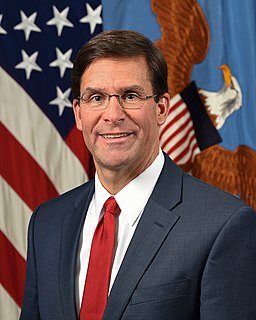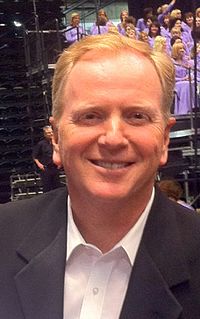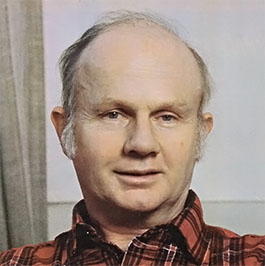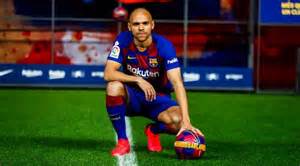A Quote by Fawad Khan
There is so much to learn that I find the entire debate that Pakistani actors shouldn't work elsewhere senseless. By working in other countries, we're able to move out of our comfort zones, learn more, and bring that back to our own industry.
Related Quotes
Whenever you move to a new atmosphere, the first few days are difficult. But I always felt that an actor needs to move out of his comfort zone and experience different working environments. And that's why I was looking at moving out of my own comfort zones and work with different kinds of people. It helps you grow as an actor.
It is natural that our minds replay old stories, because that is our own mechanism for trying to work out unresolved problems. Yet rerunning those stories will be a fruitless looping until we learn how to move from the story into our body. This is why therapy alone often doesn't bring full healing and awakening.
It's funny how much one learns from context. Throughout that entire visit to Kenya, with all its meetings, there was an experience of the place that taught me things I couldn't learn by reading global newswires. The fact that I learned so much makes me wish that I could visit more places. So many of the zones, of course, are closed, so one knows about them only in secondhand ways. My research has only scratched the surface. There are thousands of zones around the world. There's just so much work to do.
When I went to West Point, I was there with cadets from 50 other states and territories. Cadets from other countries, and you learn all of these things about our country, about our culture, our heritage, our ethnicity. At the end of the day, you come back, we all wear green, and we all consider ourselves an Army.
One thing I found very interesting about comedians around the world was their knowledge of stuff outside of their own culture and comfort zone. That's not very common in the States. We produce our own soft power, which is pop culture, but we rarely try to absorb and learn information from other cultures and countries.
When you learn to read and write, it opens up opportunities for you to learn so many other things. When you learn to read, you can then read to learn. And it's the same thing with coding. If you learn to code, you can code to learn. Now some of the things you can learn are sort of obvious. You learn more about how computers work.
Every film you work on is different, and that's part of what it's like for anybody who works on a film, is to learn how to work with others. Learn from top to bottom. Actors have to learn how to work with the director and the director has to learn how to work with actors, and that's not just those two departments.



































